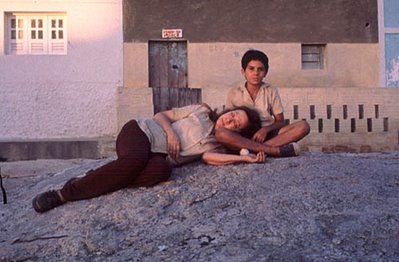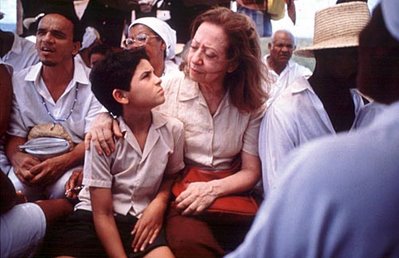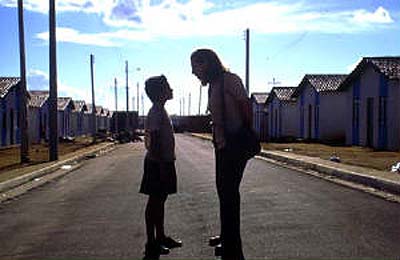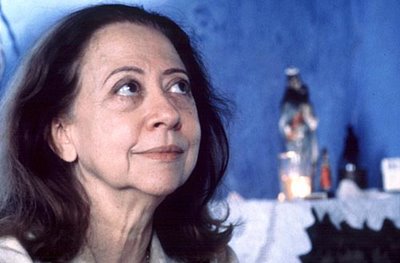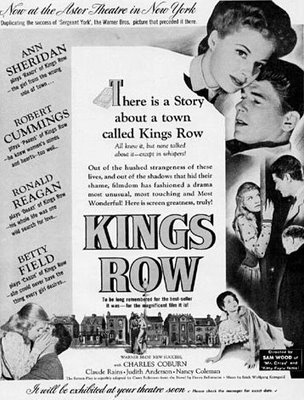 Nora's Nite
Nora's Nite
Sunday, November 26, 2006
Sunday, November 19, 2006
Sunday, November 12, 2006
They Shoot Horses, Don't They? (1969)
 Pamela's Nite
Pamela's NiteNora's Birthday Dinner!
Dance Marathons via Wikipedia:
Marathon dancing fit in nicely with the 1920s craze for breaking records and stretching human endurance, with records being set in flagpole sitting, mountaineering, aviation, and more. Dance marathons started similarly, and ended up being one of the most widely attended and controversial forms of live theater.
Contestants and spectators alike bought into the staged excitement and competition. Spectators could cheer, make wagers and root for their favorite team, even interacting with the dancers, chatting with them and throwing money. Contestants were enticed by the potential for fame and fortune, from prizes of several thousand dollars to performing contracts, and were fueled by the audiences’ support and applause. Like professional wrestling, the contests were fixed, but both sides bought into the simulated reality of it and participated heartily, provoking each other and egging each other on. The newest episodic entertainment, spectators would return day after day to follow their heroes and see more drama unfold.Many contestants, considering themselves theater professionals based on their marathon experience, traveled the country competing in one marathon after another. Especially during the Depression, marathons offered work, shelter, food, and potential for extra money and more. Contestants hoped to have careers in films, and though many took roles as extras, only the few who were veteran performers before entering, like June Havoc and Red Skelton, found real fame and entertainment careers after their marathon days.
Sunday, November 05, 2006
The War Room (1993)
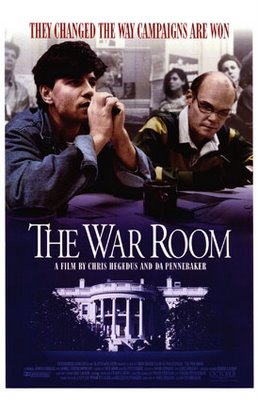 Peter's Nite
Peter's NiteInterview with DA Pennebaker and Chris Hegedus via BBC Four:
BBC Four: The film turned out quite differently from what you originally conceived didn't it?
Chris Hegedus: When we started The War Room, the idea was to watch a man become president. Our intention was to follow the candidates and go through this process with one of them. In the end we weren't granted the type of access necessary to make that sort of story, so we had to look around and ask, "Is there something else we can make here?" And the Clinton campaign was by far the most interesting one going, and then of course we stumbled upon James Carville.
BBC Four: Were you aware of Carville before?
CH: Not at all. He was someone we discovered in the process of making the movie. He was the Head of Strategy for the campaign and we thought, "My god, I can't believe this is the guy who's heading it, but if he is he'll certainly make a good character." And especially with George [Stephanopoulos] being a counterpart, a kind of buddy thing.
BBC Four: It is an odd film to watch with benefit of hindsight.
CH: It is strange, and parts of it are totally undone, like the beginning of the film with Jennifer Flowers. Clinton admitted to having an affair with her. These films that are about historical subjects change incredibly based on subsequent events.
DA Pennebaker: They are so focussed on the moment when they are done that they become like flies caught in amber. Not much that we have of history has that quality because it gets constantly sorted out by historians and people whose business it is to explain what or why it happened. This film doesn't explain anything, it just shows.
BBC Four: US elections get so much TV coverage. How did you think you were doing something different?
DAP: It's interesting. On the day of the election, suddenly ABC, who produced the Six O'Clock News, said they wanted to come into the War Room. And of course they were invited right in. We'd been there for months, and it felt that this was our little province, because no press was supposed to go into the War Room. But what they did was to centre the programme around Ted Koppel, the guy whose show it was. They could have made our film completely, but it didn't fit what they needed to do. It took too long to generate. It would've been a year before any of that stuff could be put out in way that people could go look at it.
BBC Four: Watching it now it seems so full of optimism for the Clinton administration.
DAP: You do see all those hopes and dreams. A year after we finished the film we showed it to everybody down in Washington. They came out of it really shellshocked because even after one year in the White House they were so burnt out. And watching their idealism in that film was very moving to a lot of the staff because it helped them to remember why they're there. It's a record of that spirit.
Subscribe to:
Posts (Atom)
